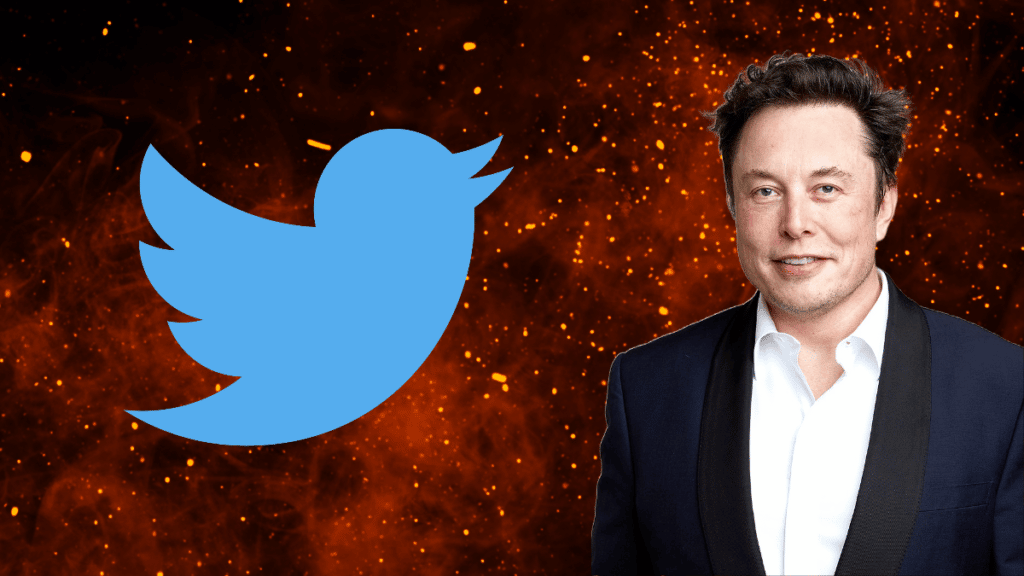Thank you, Elon Musk!
Julian Jaursch / Feb 1, 2023Billionaire Twitter CEO Elon Musk continues to face a wave of criticism for his capricious decisions, especially from Brussels and Berlin. Yet, the EU owes Musk a debt of gratitude, says Julian Jaursch, a project director at the not-for-profit think tank Stiftung Neue Verantwortung (SNV) in Berlin Germany. Musk is involuntarily proving how important the new rules for transparency for platforms are. Now, making sure the rules are properly enforced is key, he argues.

Anyone who has already had enough of Elon Musk and his tweets over the past several months will probably be disappointed in 2023. The Twitter CEO is neither expected to stand idly on the digital sidelines in the coming months, nor will the general debate about platform regulation quiet down.
On the contrary: especially in Europe, 2023 will be the year in which this discussion picks up speed again. It is the year in which the Digital Services Act (DSA) – the EU’s comprehensive new set of rules for platforms like Twitter, Instagram, Google and TikTok – will be implemented. Especially since Musk’s Twitter takeover plans were announced, politicians from across the EU have pointed this out over and over again on their US trips. Just recently, a member of the German government paid Musk a visit in San Francisco, imploring the CEO to honor voluntary commitments to deal with disinformation until the DSA applies (“Elon Musk agreed with me”, he tweeted afterwards). This shows that there are serious concerns in governments and parliaments about arbitrary decisions that make platforms like Twitter more insecure and endanger fundamental rights.
But despite all the indignation, the EU should also thank Elon Musk. Musk has drawn attention to the DSA in a way that no press release from the European Commission could have done. This is due to his business decisions (mass layoffs in key areas of the company, such as trust and safety; management via Twitter polls; withdrawal of layoffs; inexplicable content moderation decisions; unpaid rent, etc.) and perhaps also his at best quirky, at worst authoritarian manner, which is a boon for media outlets. The European Commission, members of parliament and national governments have used Musk’s Twitter takeover to emphasize the new rules, while media outlets and Twitter users themselves mercilessly work to expose any wrongdoing. Transparency around corporate decision-making at the platform has been enhanced. Musk is thus testing the rules – albeit involuntarily – before they even apply. After all, one of the great promises of the DSA is to shine a bright spotlight onto platforms’ business practices: for example, with reporting obligations and easily comprehensible terms and conditions for all platforms. More stringent additional transparency and due diligence requirements will apply to “very large” online platforms, i.e., those with more than 45 million users in the EU.
Whether Twitter qualifies as “very large” by the EU’s standards will become clear in February, but regardless of this categorization, Musk is already showing in an exemplary way how beneficial increased transparency can be. Seemingly small changes to Twitter’s terms and conditions are currently attracting a great deal of public attention. The same applies to changes in content moderation guidelines, disputes with advertising partners, the back-and-forth over possible subscription models and questions around how to deal with racism, sexism and antisemitism on the platform. Moreover, Musk’s decisions have led many people to turn to other, non-commercial platforms. Decentralized services such as Mastodon and other Fediverse services have been experiencing a considerable influx for months.
So, Musk really does not deserve any thanks for his management, which has so far mostly been at the expense of many users and employees. Content moderation simply does not work by Twitter poll. But this is exactly how he has at least provided evidence for what the DSA would like to demonstrate beyond the individual case of Twitter: If people can rely on clear, transparent rules for platforms and there is a public debate about them, this helps users to make more conscious decisions about how they navigate each platform. In addition, the pressure on politicians and authorities has grown to not just talk the talk on platform regulation. If nothing follows the selfies with Musk, it would be an embarrassment for the EU and – much worse – would not bring any improvements for the millions of Twitter users in Europe, or those of other platforms. That is why it is so important that the EU gets DSA enforcement right.
Whether the EU and member states succeed in doing so will become clearer this year. Brussels and national capitals need to build independent, specialized regulators which are able and willing to take on tech companies. The Commission will have to keep an eye on the very large platforms. It is already looking for specialists for this task, restructuring its relevant department and setting up a new research center. The member states are responsible for smaller platforms and work with the Commission on the large ones. For this purpose, each country must appoint a “Digital Services Coordinator”. This DSC also functions as a central complaints office and as a contact point for researchers – including with regard to large platforms such as Twitter and Instagram.
Considering these new enforcement tasks, split between the Commission and member states, the EU has the chance to build a strong public-interest platform oversight regime. The EU now needs to seize this opportunity and establish well-equipped, independent, technologically savvy and well-connected regulators in Brussels and the member states. Without this, the many warnings that tech companies are bound to the DSA will remain fruitless. In addition to the regulatory bodies, the DSA envisions significant roles for academia and civil society in shaping platform regulation. If Musk’s posturing has accelerated any efforts to build such a pluralistic platform oversight regime in the EU, his Twitter takeover has had at least this positive ripple effect.
The EU’s timeline to shape the enforcement structures is tight. The Commission must be ready to work this year, the member states have until February 2024 to appoint their DSCs. It is unclear as of yet whether all member states will be ready to go by then. Some have at least already decided on their DSCs (for instance, Ireland), others have not nominated a regulator. The case of Germany highlights the many tasks ahead: write a bill designating an authority as the DSC, go through the legislative process, then set up the DSC by hiring staff with diverse expertise and providing technical infrastructure, develop a system for coordinating several German authorities and establish a network of academic and civil society experts. And ideally, all of this would happen this year.
Given these tasks, 2023 would have been a year of more vigorous, pluralistic platform oversight even without Musk’s Twitter deal. But the talkative CEO has done his bit to underpin the urgency of the matter. Now, national governments and the Commission follow up on their grand announcements on the DSA.
Authors
